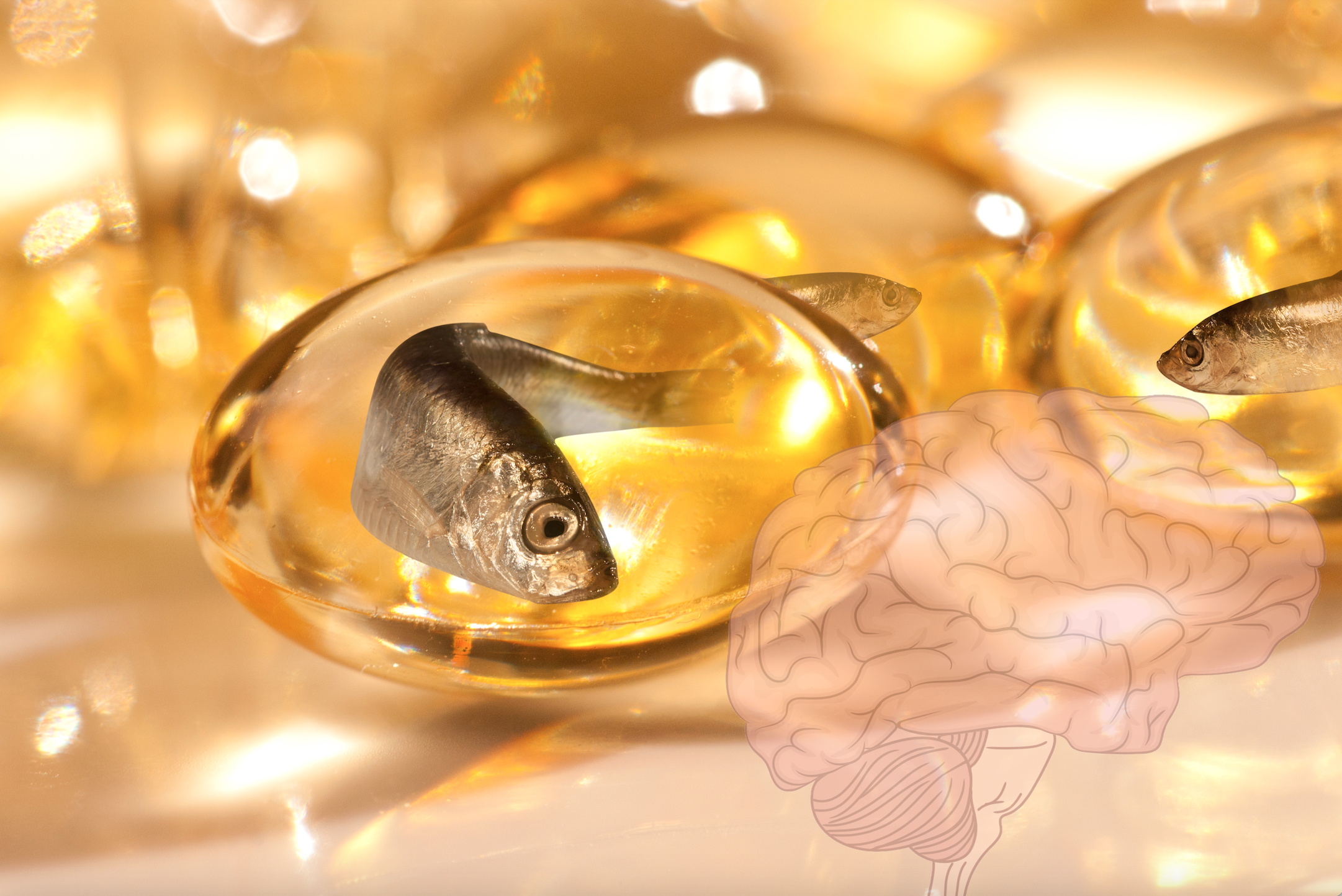Omega-3 polyunsaturated fatty acids supplementation alleviate anxiety rather than depressive symptoms among first-diagnosed, drug-naïve major depressive disorder patients: A randomized clinical trial
Antidepressant drugs enhanced with omega-3 polyunsaturated fatty acids (n-3 PUFAs) have demonstrated significant promise in the prevention and treatment of severe depressive disorders (MDD). Yang et al. (2022) examined the impact of venlafaxine combined with n-3 PUFAs in a population of 72 individuals with newly diagnosed, drug-naive depression. Throughout more than 12 weeks, either 2.4 g/day of n-3 PUFAs or a placebo with venlafaxine was administered. The Hamilton Depression Scale (HAMD), the Beck Depression Inventory (BDI), the Hamilton Anxiety Scale (HAMA), and the Self-Rating Anxiety Scale (SAS) were used to evaluate the results. When compared to baseline, both groups showed improvement in clinical features at weeks 4 and 12. In week 4, the rate of responders for anxiety in the n-3 PUFAs group was substantially greater than that in the placebo group, but week 12 did not demonstrate a difference between the groups. There was no discernible difference between the two groups in the rate of respondents for depression at either week 4 or week 12. Upon further investigation, it was shown that the Childhood Trauma Questionnaire (CTQ) exhibited a positive association with SAS, HAMA, BDI, and HAMD scores. SAS and BDI showed a negative relationship with the Social Support Rating Scale (SSRS). The authors conclude that supplementing with n-3 PUFAs instead of venlafaxine reduced anxiety symptoms rather than depressive ones over the first four weeks of therapy for newly diagnosed, drug-naive depressed individuals. This benefit, however, vanished over prolonged therapy. Additionally, the clinical and biochemical aspects of depression are tightly linked to childhood trauma and social support. Lack of social support and early trauma may both be indicators of a bad prognosis for depression. [NPID: Antidepressant, childhood abuse, major depressive disorders, nutrient intervention, omega 3, polyunsaturated fatty acids, social support]
Year: 2022
 Navigation
Navigation






